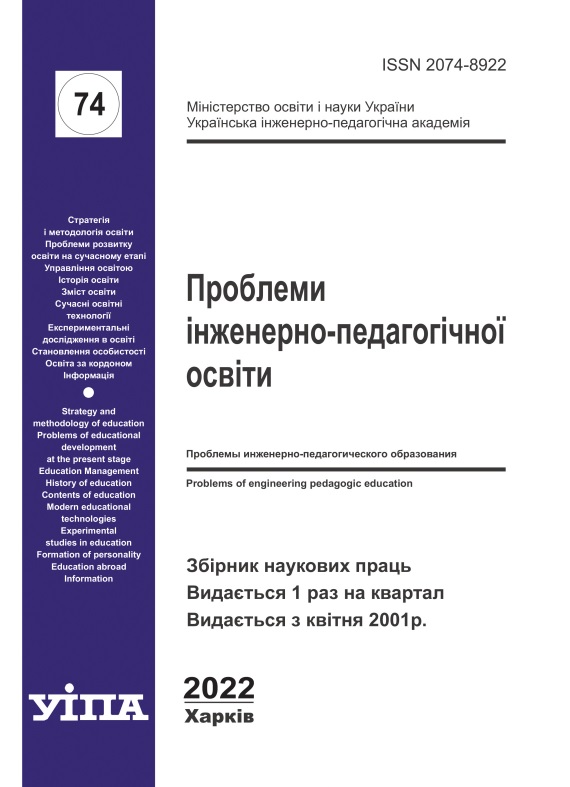Abstract
The article highlights the issues of didactic potential and conditions of provocative techniques
applying in foreign language teaching in the context of higher professional education. The paper presents a
typology of provocative techniques, illustrated by examples. As separate types of provocative techniques the
author suggests "lecture provocation", "choice" (in a situation where there is no definite correct answer or the
answer is already given and no choice is provided), "search" (to find a mistake or a fact, including when
there is no such thing), "provocation through interaction" (based on involving other participants),
"provocation" (based on the involvement of other participants). The author emphasizes the key features of
provocation in foreign language teaching: evoking an emotional reaction of surprise, the game nature of
learning activities, the need for a reflexive discussion with students after the work to bring them out of their
provoked emotional state; novelty, non-standard tasks, breaking stereotypes, allowing to consider
provocative techniques as a tool to organize learning activities in individual learning situations.
The author concludes that provocative techniques as a means of organizing foreign language learning
activities have a significant didactic potential, which lies in the possibility to stimulate cognitive activity of
students; to conduct a learning dialogue, to encourage action; to develop critical thinking, creative thinking
(ability to see several solutions, complexity of problems) and to be effectively included in the academic
process of higher educational institution. The use of provocative techniques in foreign language classes in an
engineering university can contribute to solving a number of relevant pedagogical tasks: not only forming the
necessary foreign language knowledge (theoretical and practical), but also stimulating cognitive, speech
activity of students, developing their thinking (critical and creative), fostering the need for self-determination
and self-development.

This work is licensed under a Creative Commons Attribution-NonCommercial-NoDerivatives 4.0 International License.
Copyright (c) 2023 Problems of Engineer-Pedagogical Education


